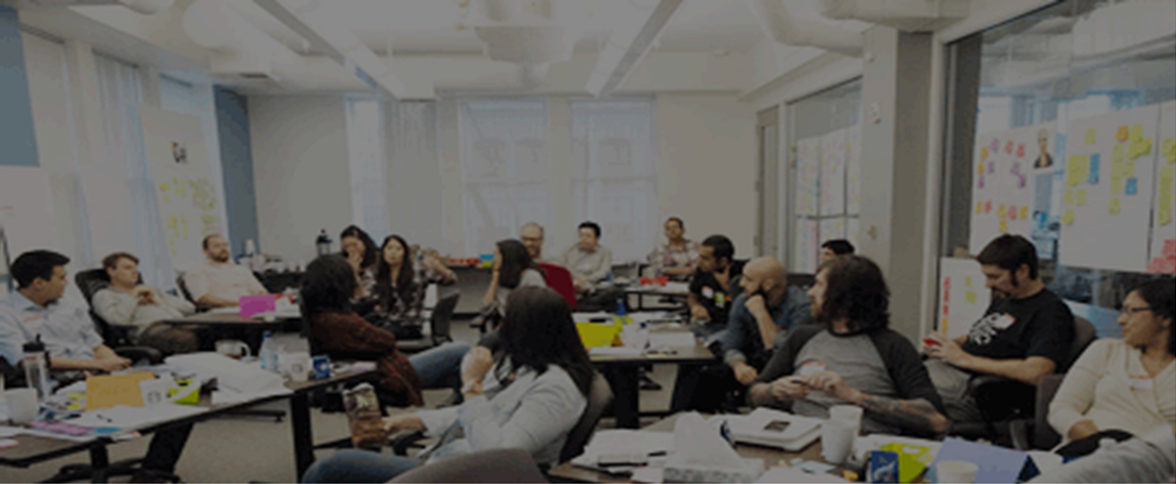I am always curious to understand why people don’t want to learn to be the best they can be. I suppose I am curious by nature, but more importantly I love solving problems. The bigger and uglier, the better the rush! That’s what has pushed me to keep learning.
With a big blast of adrenalin, off I run to first understand the problem, and then run off again to find the best solution possible. Bold, brassy solutions that shift the status, none of this ‘pecking dirt with chickens’ material. If you are going to do something bold, invest all your energy in making a big difference.
It is these big hairy problems that have driven me to keep learning and building my skills sets. I haven’t waited for my company to pay for my ‘training’, I’ve sought people who are more clever than me and cornered them in conversation so that they may impart their knowledge and wisdom. I have also sought out training courses to do, that the company will pay for, so that I can develop new skills and apply them quickly to reinforce what I had learnt.
What frustrates me is when colleagues have not invested in their own development, and I have to become the teacher and guide while trying to problem solve at the same time. The worst is when they cling to outdated ways of working and then criticize me for not toeing the company line when the company CEO is telling us we need to modernize.
The best courses I have done have been ones where I have learnt in practical ways, using cognitive learning approaches. The benefits, outlined below, of cognitive learning have been well researched:
- Develops problem-solving skills
- Improves comprehension
- Improves confidence
- Improves long-term learning and instills a love of learning
So, the best way for us Enterprise Architects to learn is not just reading a book, or watching an online video, it’s through a workshop that allows you to practice. Thankfully with technology today, we can do these workshops virtually, allowing you to have a deep cognitive experience.
The fact that you have come to this site means that you have been curious, you are searching for knowledge and hopefully given that you are at the end of this article, you have learnt something new, or understood something better.
So tell us below, what are some of the best learning experiences you have had that have helped you on your journey to being a great Enterprise Architect!
Don’t forget, we also want to know the subjects that are causing you professional pain. Please email your questions to [email protected], and we’ll select one for a future advice column. The EA Practice Advisor team is here to help!










Bruna Latour in An Inquiry into Modes of Existence (2013) recounts how a climate researcher was in a discussion with some industrialists when one of the industrialits quiped “But why would we believe you instead of others. The climate researcher replied “If we don’t trust the institutions of science, we have a problem.
I see this as the problem with enterprise architecture today. Many believe that the institutions are not relevant and that they know better. As Latour added in his writing, what do they base this on? That is the question? There is no point in learning it the institutions have no value. Why get an MBA, MS, or Doctorate when the trust value is considered equal no matter what the education or experience.
Finally one individual suggested that enterprise architecture can only be found within the collaboration, hence even the experts have no value. Even a top enterprise architect, who has made millions for their clients, is not worth that much because it was only a reflection of the collaboration.
So there is no value to learning more. The true value is getting a certification in the shortest possible time.
Hi Mark
The challenge is also that some people believe that by just turning up to work, their customers should trust them. Trust needs to be earned and that means being open to learning from your customers and elsewhere to build that trust. But to take it even further, without trust, you cannot have collaboration. When you do achieve this, the results is a partnership! That’s the goal that every architect should aspire to – how do I become a partner, where I have a seat at the table with my customers. Topic for another article.